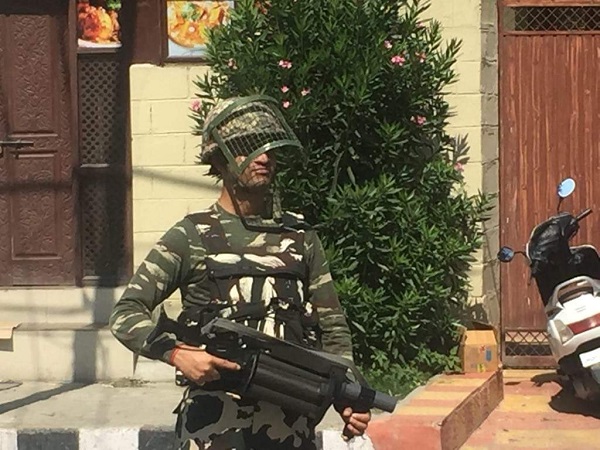Srinagar, Refuting the claims of medicine shortage in Jammu and Kashmir following the clampdown after the abrogation of Article 370 as “baseless”, the Health Department said here on Monday Rs 32 crore medicines were supplied in the Valley between July 20 and August 23.
The Health Department’s remarks came after it was reported that several hospitals in the Valley suffered medicine shortages.
The supplied medicines include antibiotics, anti-diabetic, proton pump inhibitors, anti-hypertensives, antacids, NSAIDs, anti-cancer drugs, cardiovascular drugs, anti-tuberculars, anti-depressants, psychotropics and other life-saving drugs.
The department provided the data on essential medicines, collected by teams of Drug Control officers from depots, C&Fs and consignees of major pharmaceutical companies. It also included relevant data regarding supplies of medicines and pharmaceutical drug formulations made to pharma dealers and distributors across the valley in the last one month.
Special efforts were being made to ensure and facilitate timely supply of medicines, which required specialised storage conditions to authorised stockists and stake holders in the Valley, it said.
Stockists and distributors based in Kashmir procure different categories of medicines as per their needs and requirements directly from manufacturers, super-stockists and distributors based outside J&K. The figure given above excludes that.
“Moreover, field functionaries of Drugs Control Organisation Kashmir and the Project Coordinator and Pradhan Mantri Jan Aushadi Yojana (PMJAY) have informed that all PMJAY outlets are fully operational at different locations in Srinagar and have sufficient stocks of all categories of drugs,” it said.
There are around 40 outlets operational under the PMJAY in the Kashmir division.
The department said it was in constant touch with heads of all health institutions of the Valley to assess availability and requirement of medicines. Any instances of unavailability of medicines were being dealt with on priority, it added.










